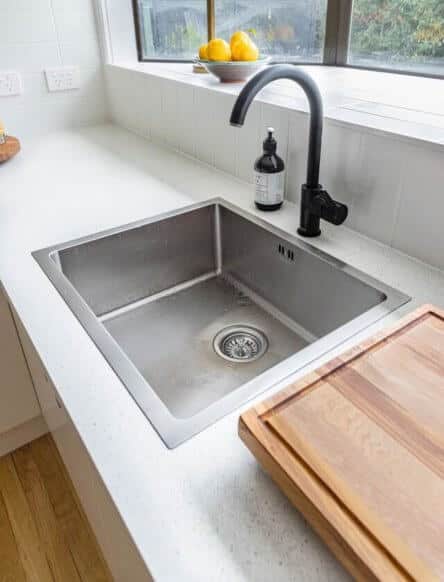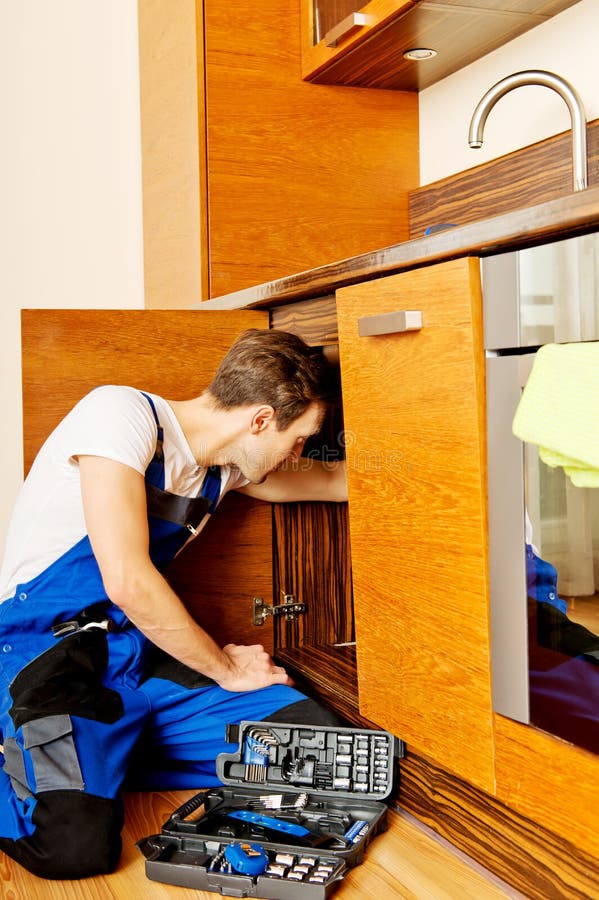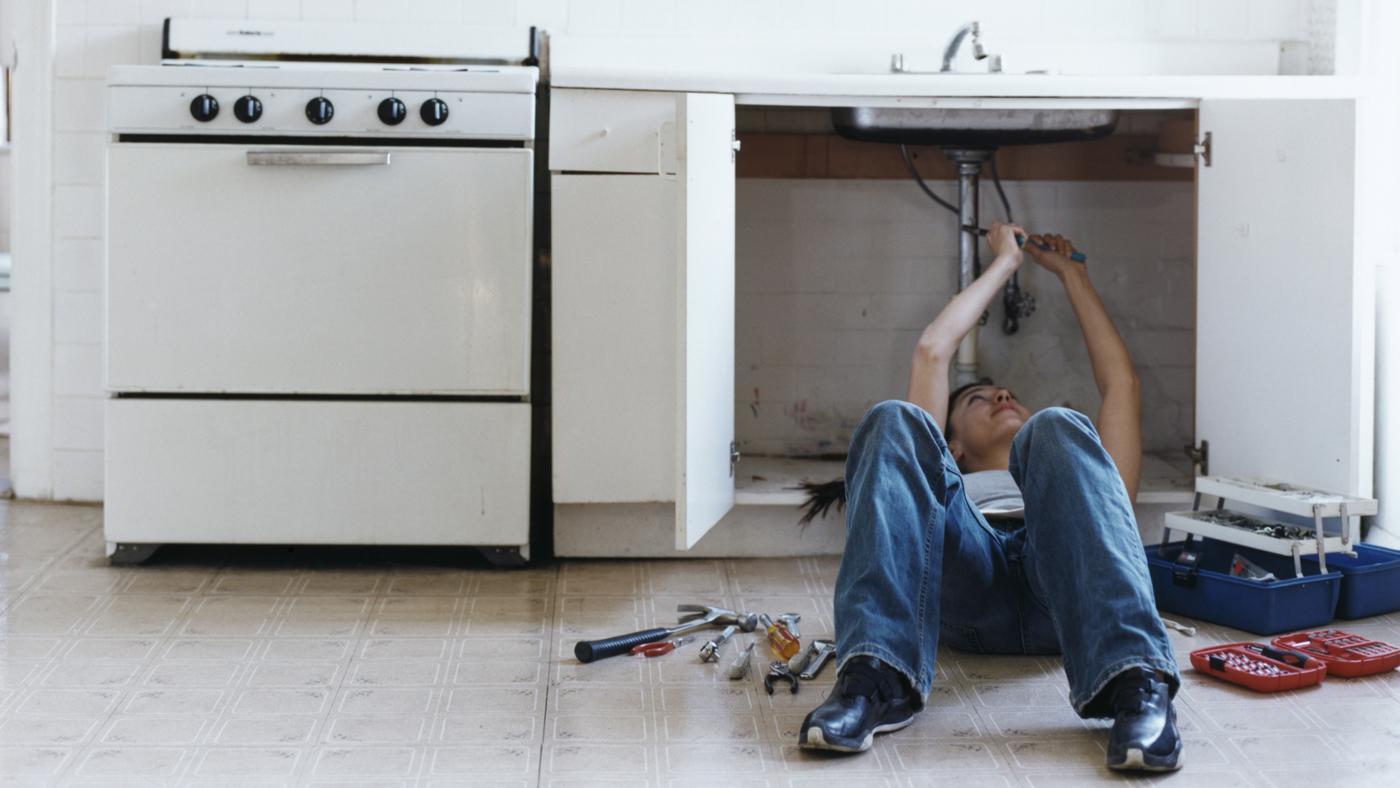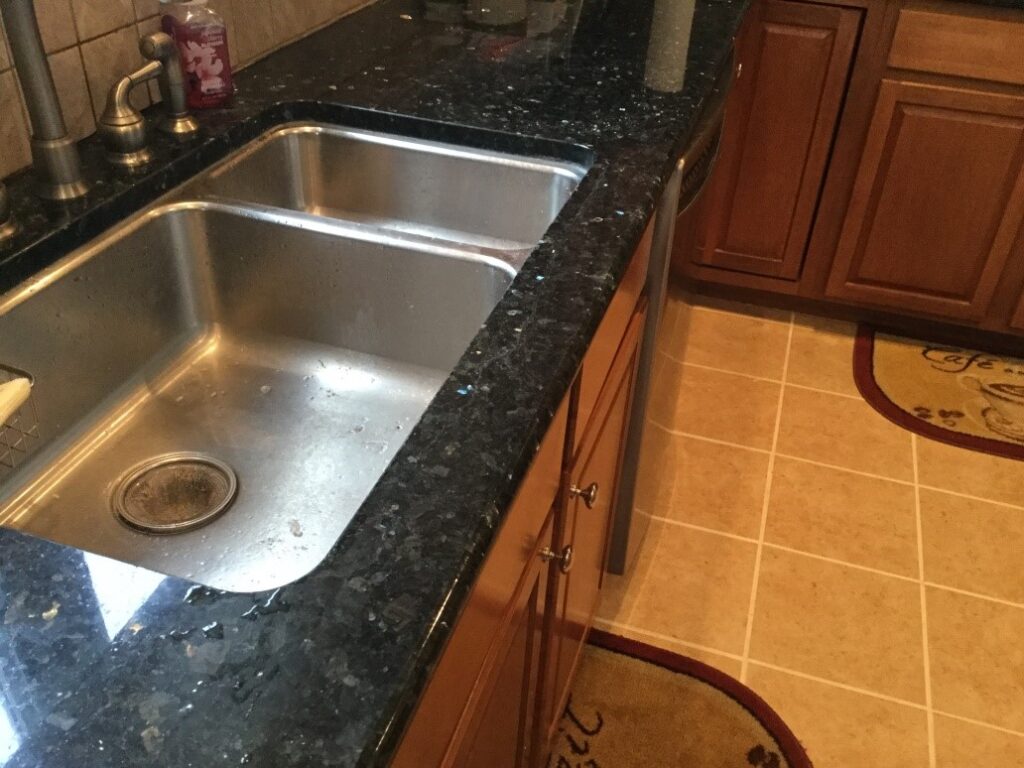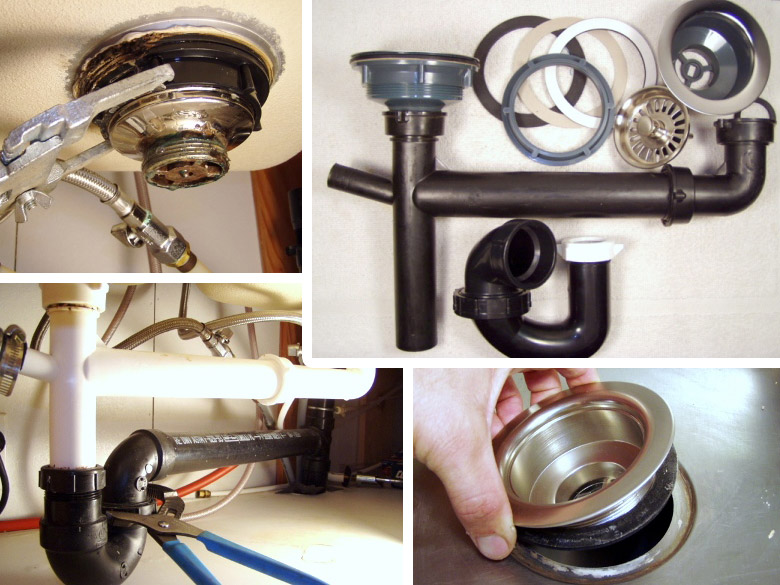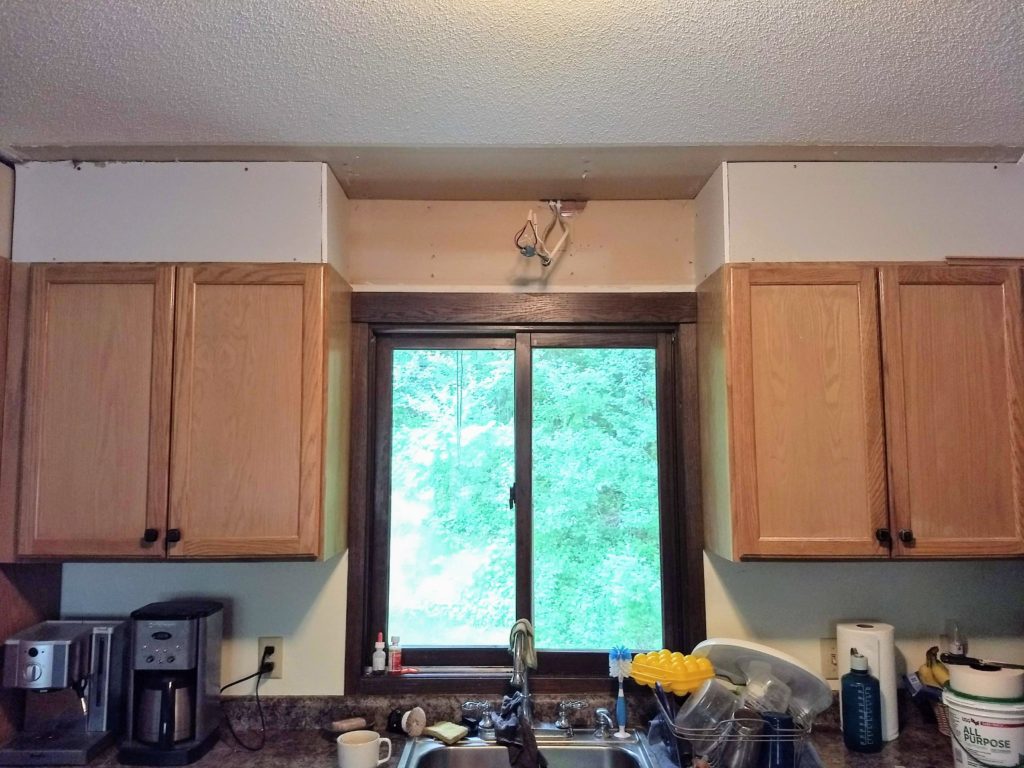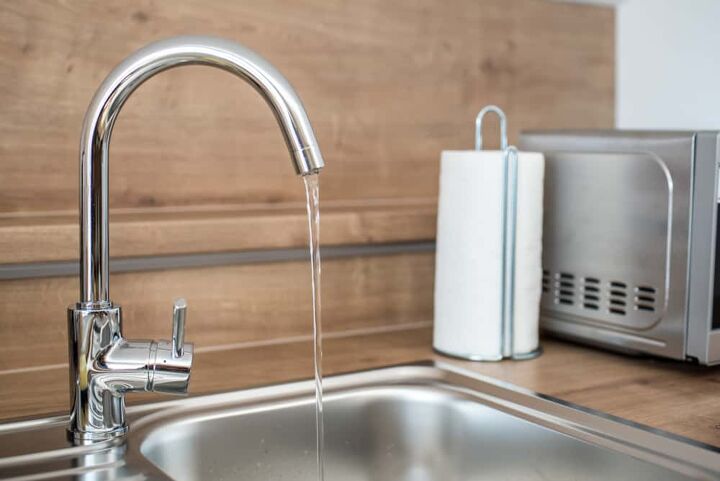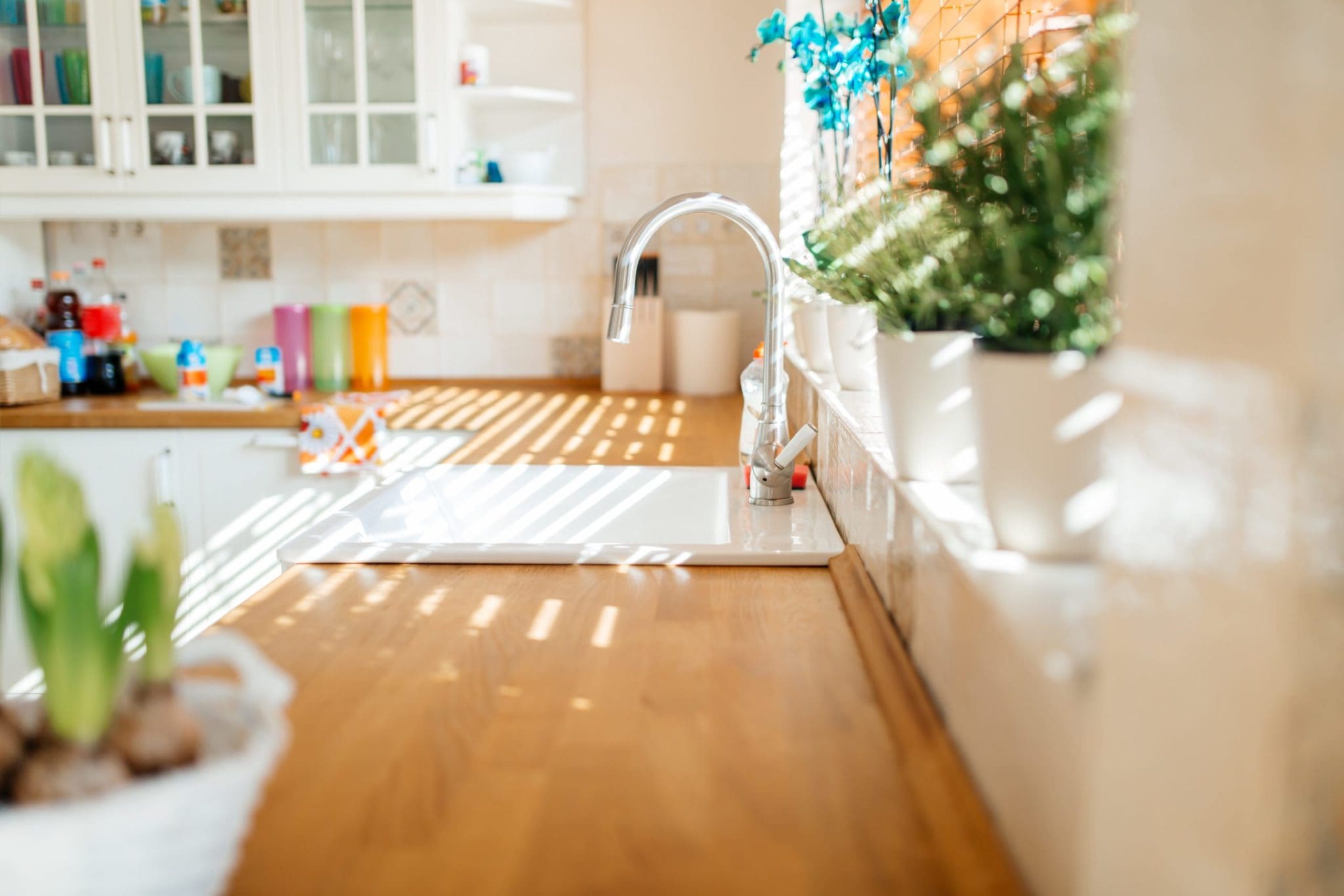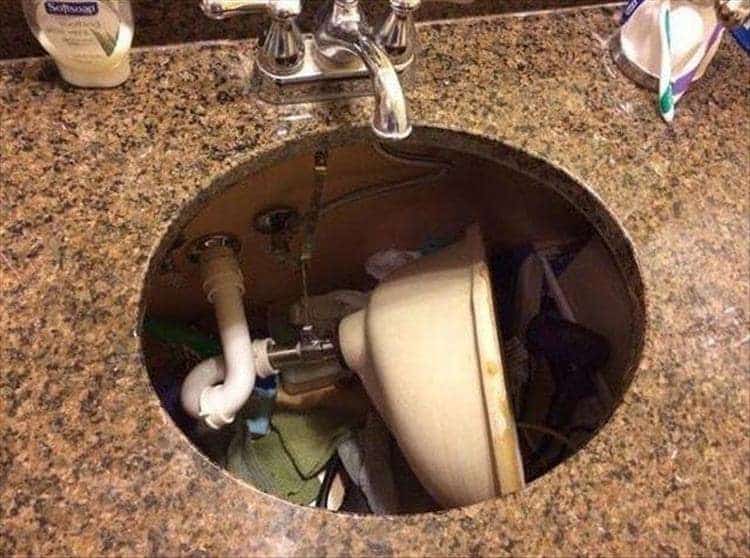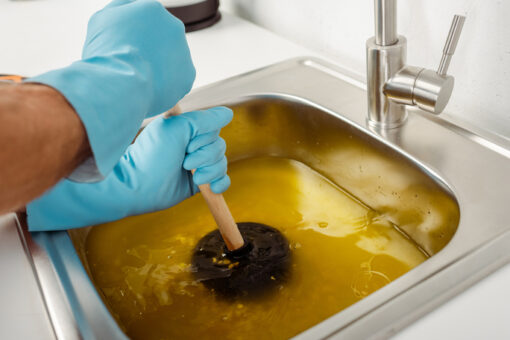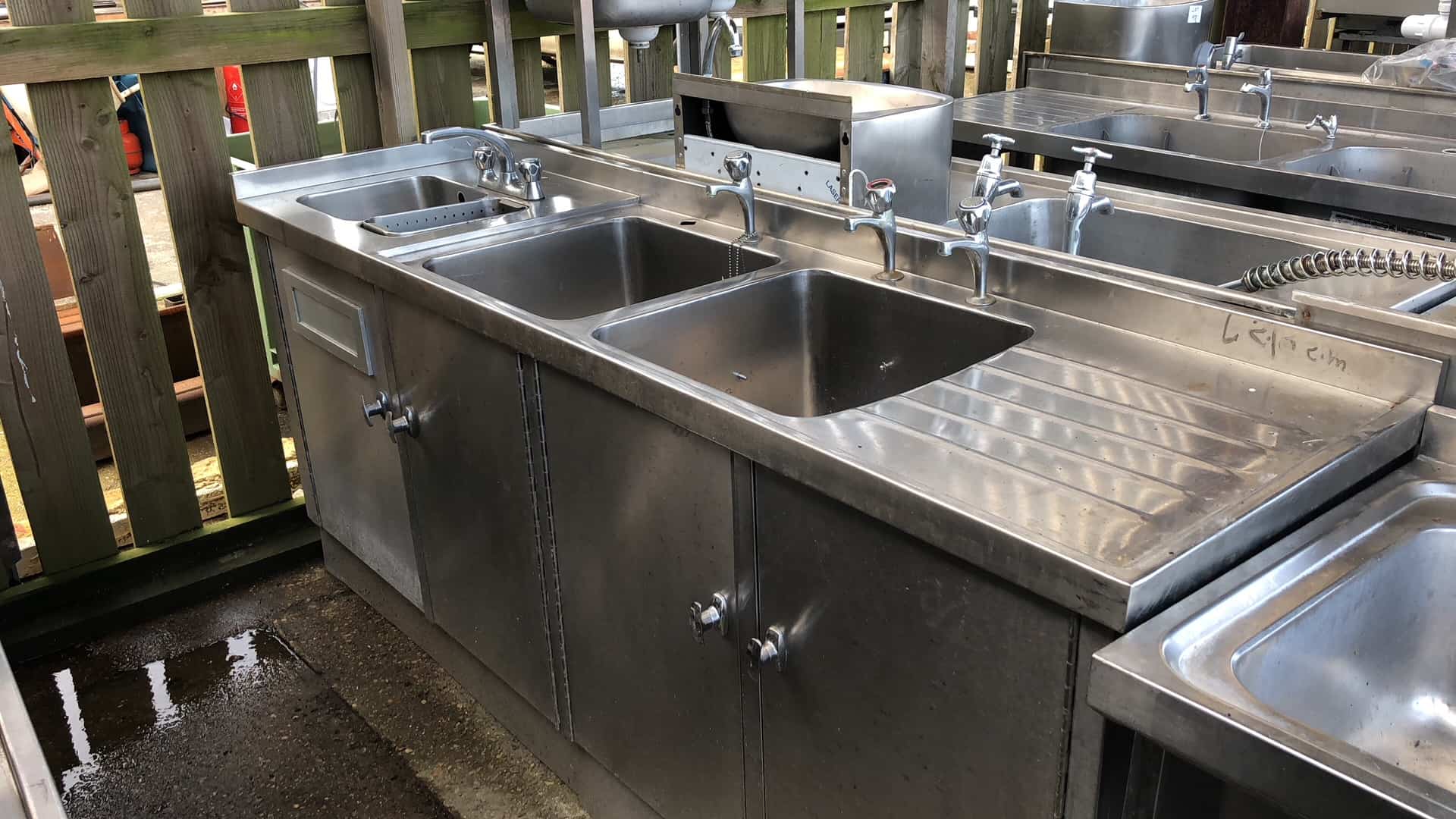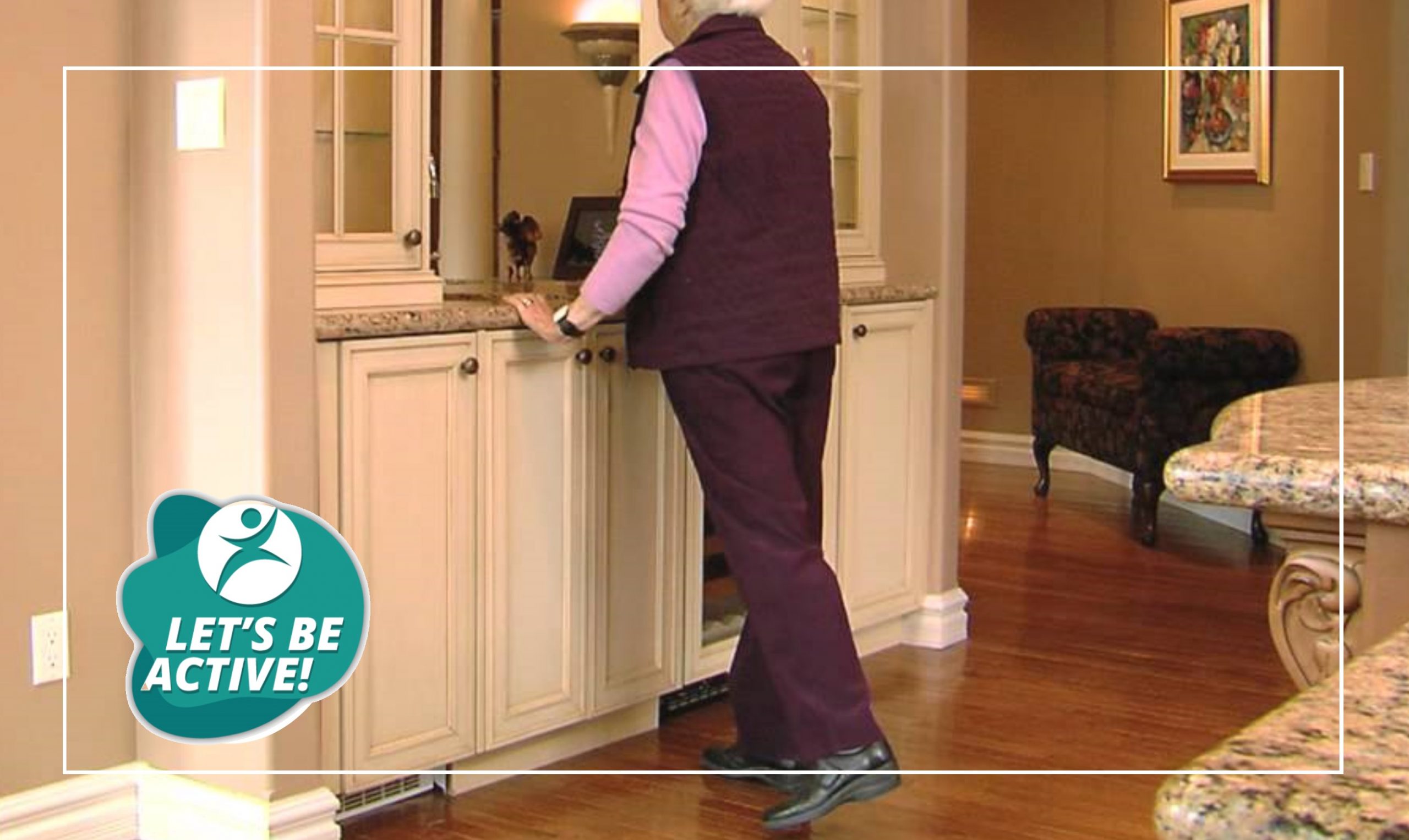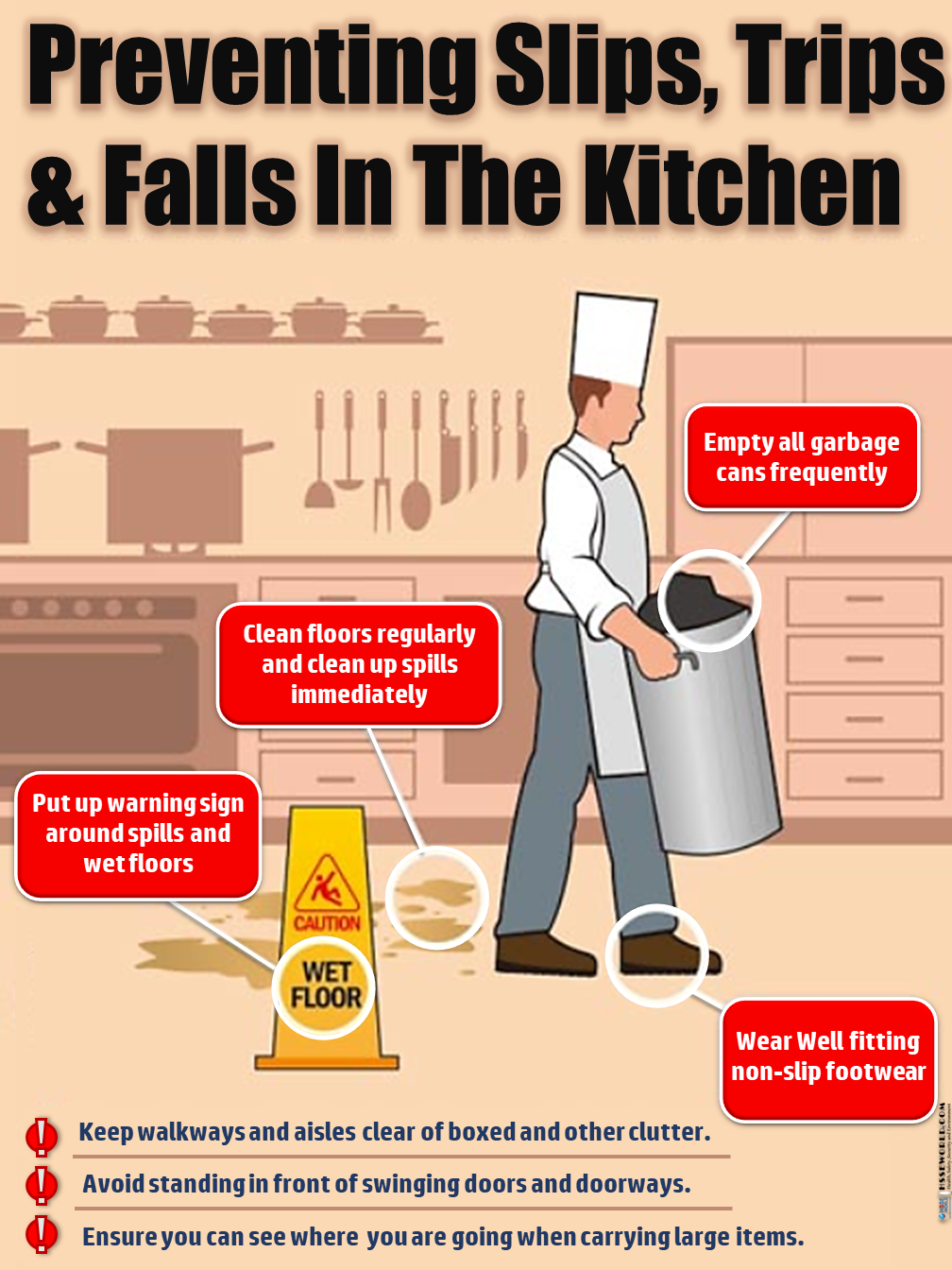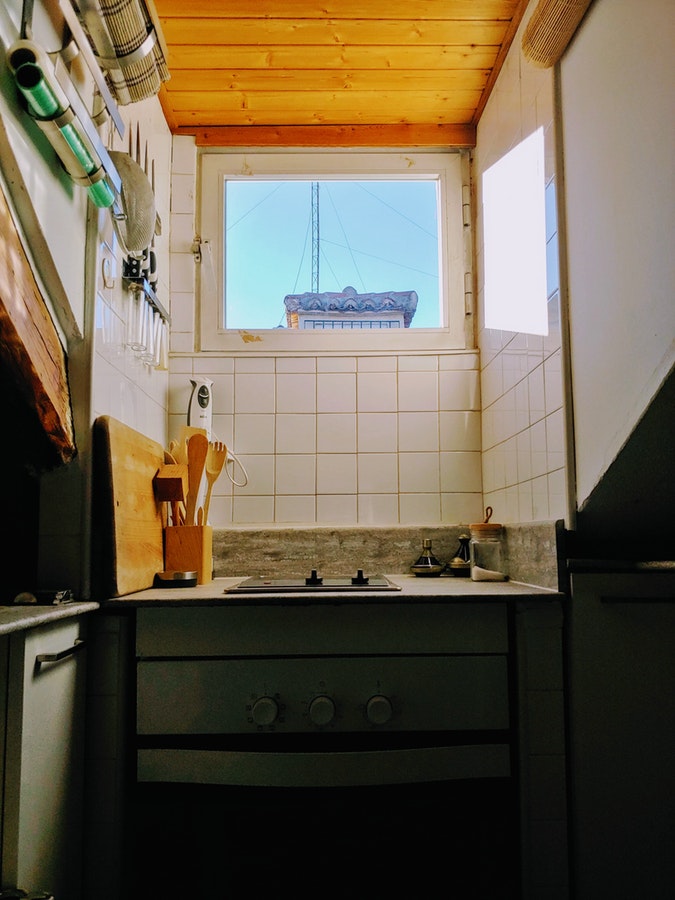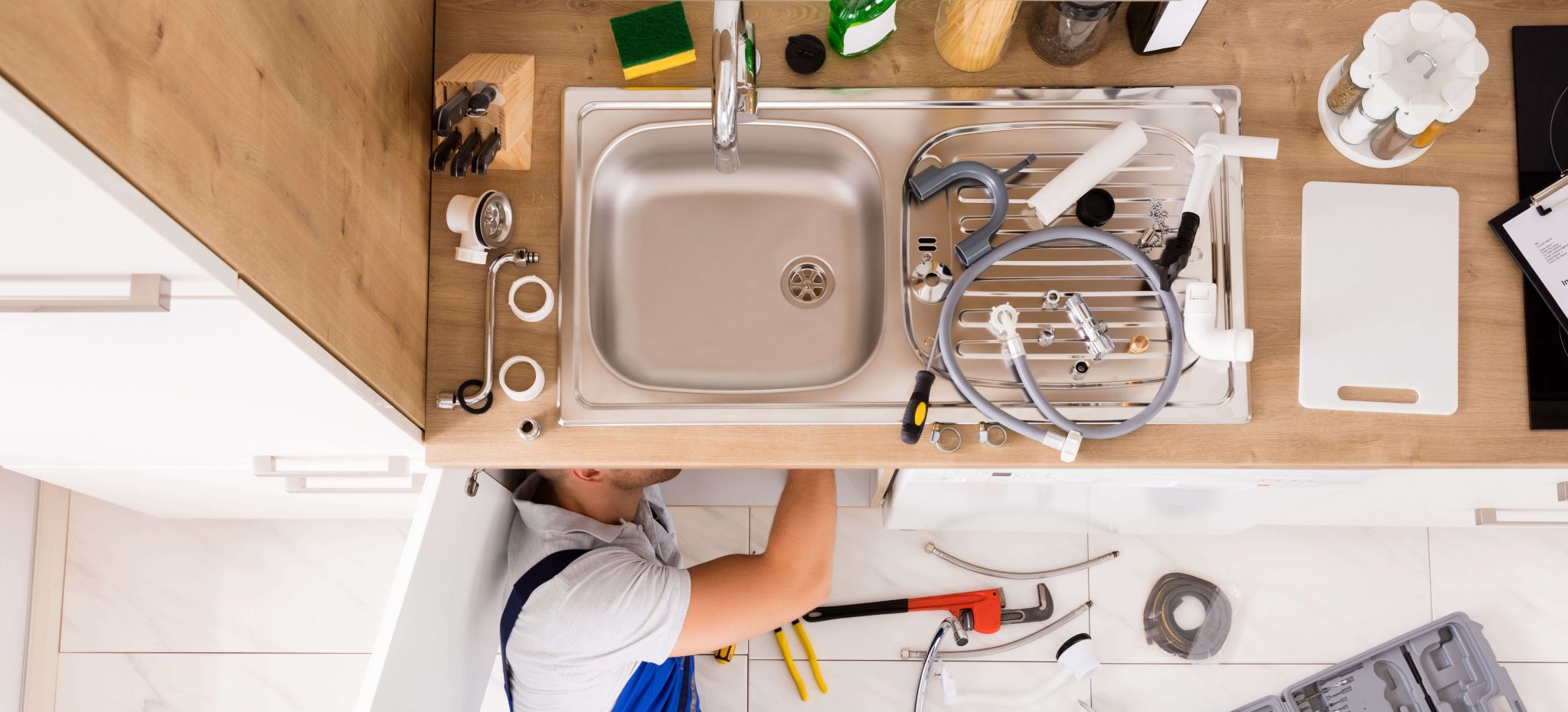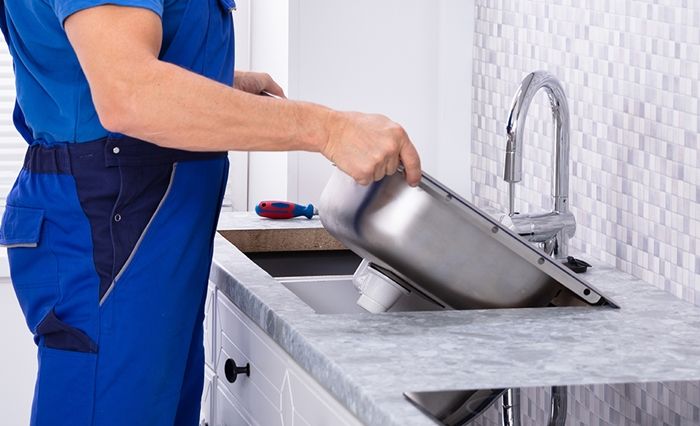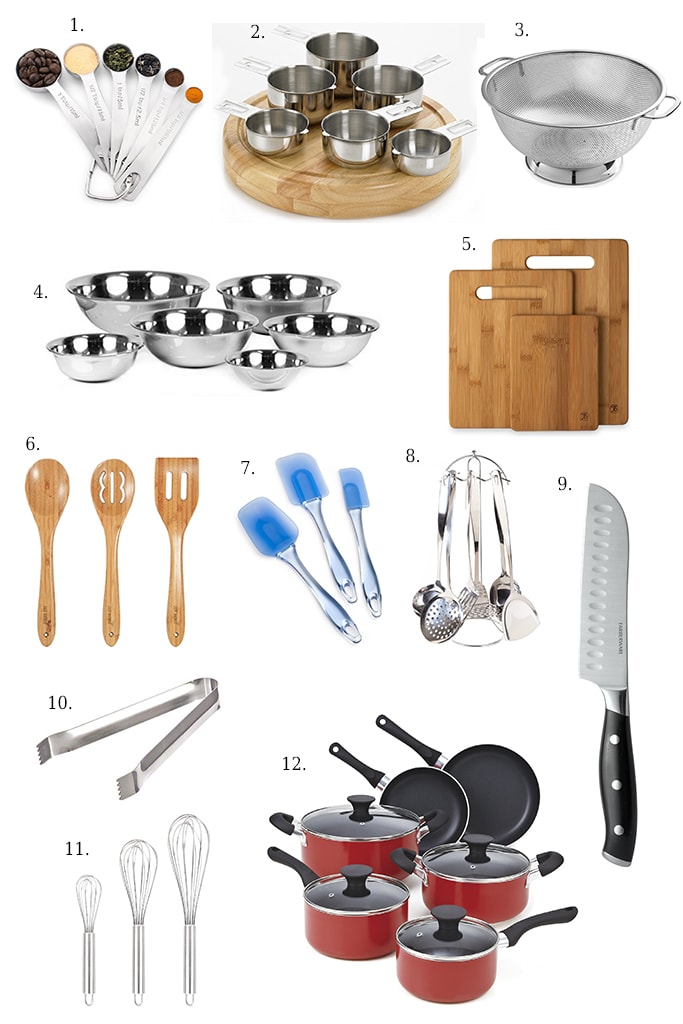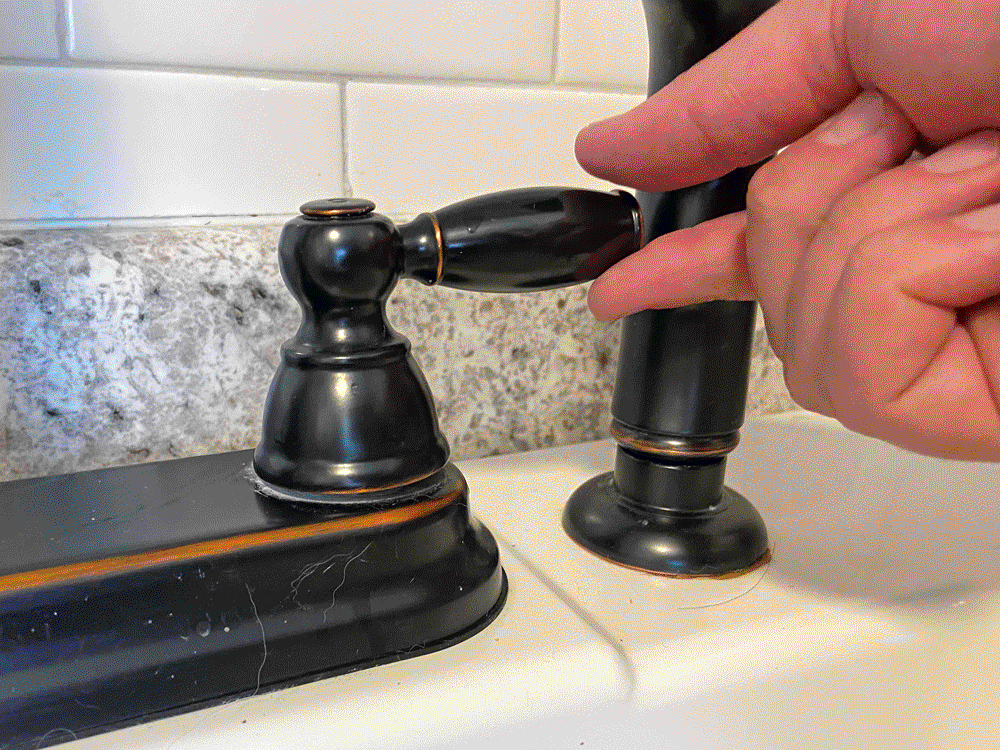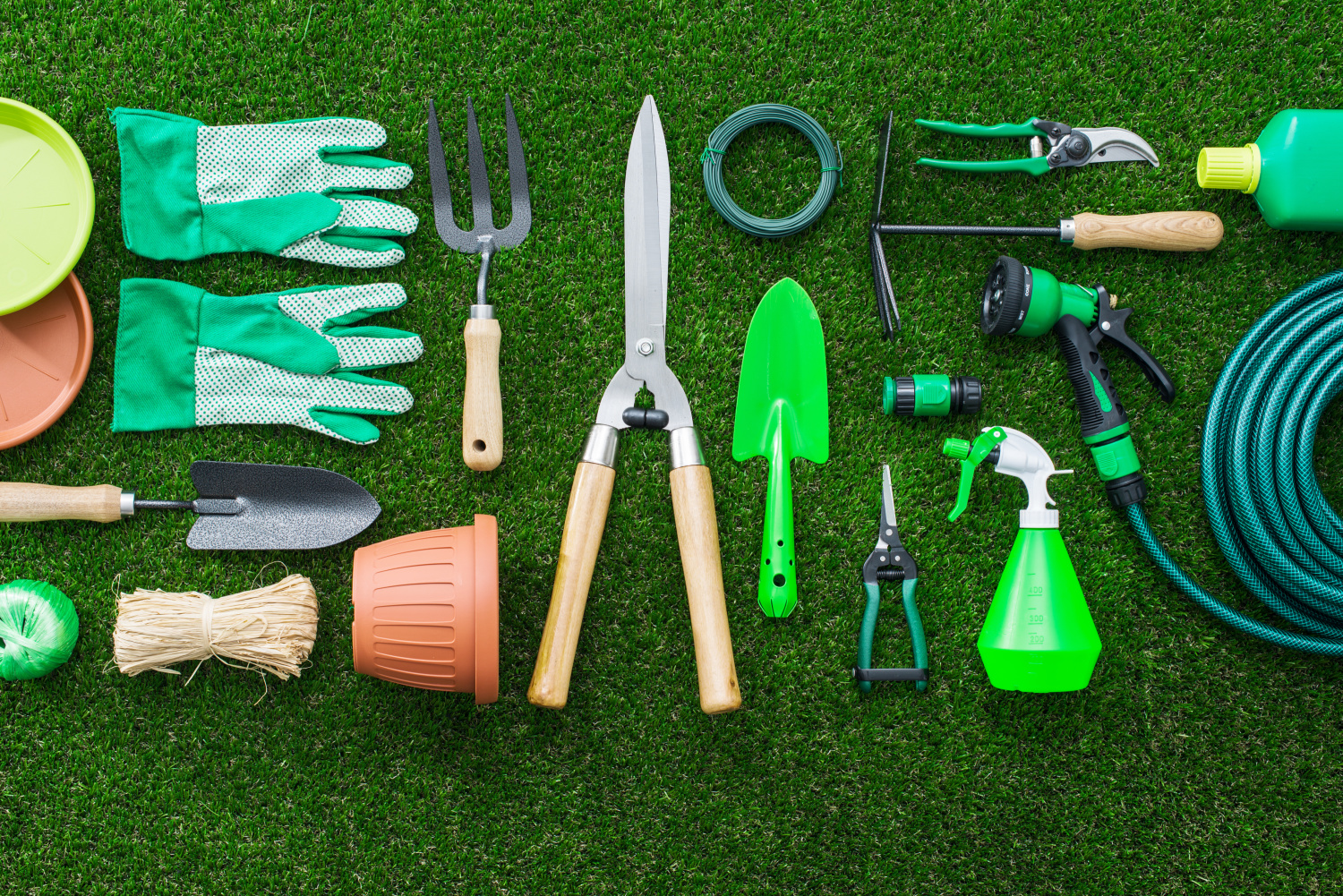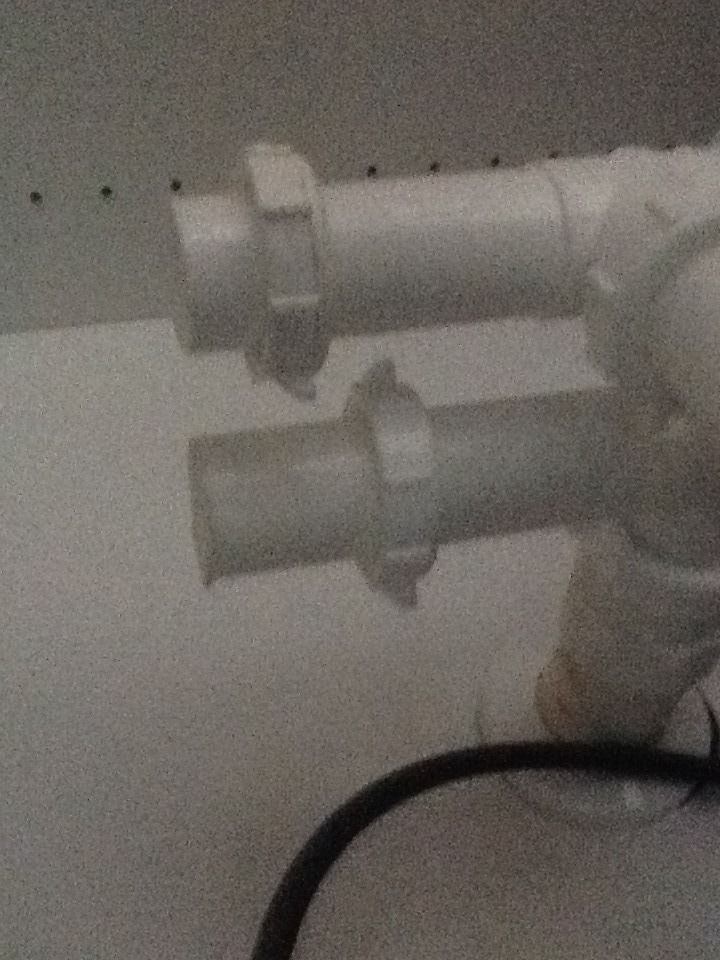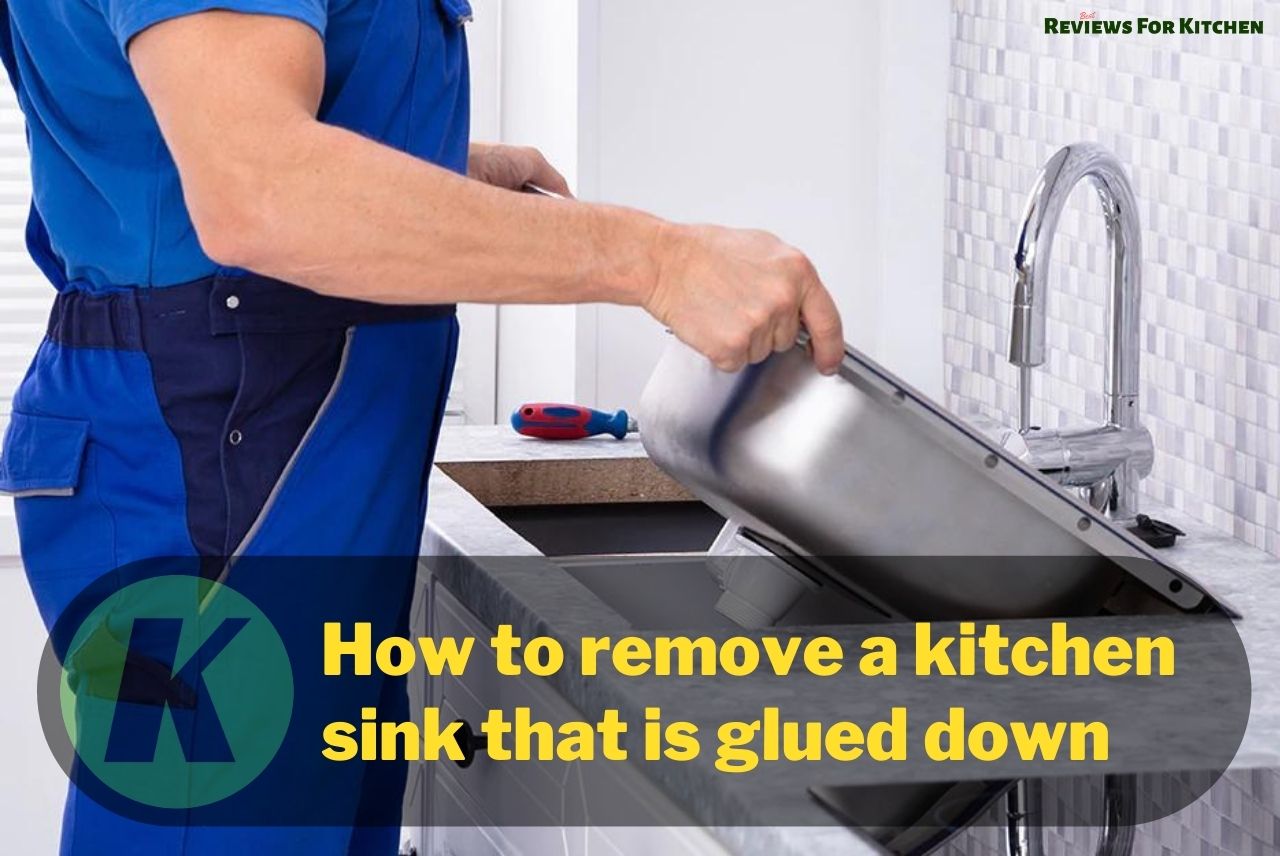How to Fix a Kitchen Sink That is Falling Down
If you've noticed your kitchen sink starting to sag or feel unstable, it's important to address the issue as soon as possible. A falling kitchen sink can not only be a major inconvenience, but it can also cause damage to your countertop and plumbing. In this guide, we'll go over some DIY solutions for fixing a kitchen sink that is falling down, as well as when it's time to call in a professional.
How to Repair a Kitchen Sink That is Falling Down
The first step in repairing a falling kitchen sink is to identify the cause. Most often, a sink will start to fall due to water damage or improper installation. If the sink is not securely attached to the countertop, it can gradually begin to pull away and create a gap. In some cases, the sink may also be too heavy for the countertop to support, causing it to sag or become unlevel.
DIY Solutions for a Falling Kitchen Sink
If the issue is due to water damage, you will need to dry out the area before making any repairs. Use a hairdryer or a fan to dry out any moisture and allow the area to fully dry for at least 24 hours. Once the area is dry, you can reattach the sink using adhesive or caulk. Be sure to use a strong adhesive that is waterproof and can hold the weight of the sink. You may also need to reinforce the sink with brackets or additional support.
Common Causes of a Kitchen Sink Falling Down
In addition to water damage and improper installation, there are a few other common causes of a kitchen sink falling down. These include using the sink as a support for heavy objects, such as pots and pans, and using the sink for tasks that it is not designed for, such as standing on it. Over time, these actions can put strain on the sink and cause it to become loose or fall.
Signs That Your Kitchen Sink is Falling Down
If you're unsure whether your kitchen sink is falling down or not, there are a few tell-tale signs to look out for. These include a sink that is visibly off-center or not level, a gap between the sink and countertop, or a sink that feels wobbly or unstable. If you notice any of these signs, it's important to take action to prevent further damage.
Professional Help for a Falling Kitchen Sink
In some cases, a falling kitchen sink may require the help of a professional plumber or handyman. This is especially true if the sink is too damaged to be repaired with DIY solutions or if the issue is due to faulty plumbing. A professional will have the tools and expertise to properly secure the sink and prevent any further damage.
Preventing a Kitchen Sink from Falling Down
The best way to prevent a kitchen sink from falling down is to take proper care of it and avoid putting unnecessary strain on it. This includes not using the sink as a support for heavy objects, not standing on it, and avoiding placing too much weight on it at once. It's also important to regularly check for any signs of water damage and address any issues as soon as they arise.
Replacing a Kitchen Sink That is Falling Down
In some cases, a falling kitchen sink may be beyond repair and will need to be replaced. This is especially true if the sink is old or damaged beyond repair. If you need to replace your kitchen sink, be sure to properly secure it using the correct tools and materials. It's also important to properly level the sink to prevent any future issues.
Tools and Materials Needed to Fix a Falling Kitchen Sink
Here are some of the tools and materials you may need to fix a falling kitchen sink:
Tips for Securing a Kitchen Sink That is Falling Down
Here are some tips to keep in mind when securing a falling kitchen sink:
Organizing Your Under Kitchen Sink Space to Prevent Falling Down

The Importance of Properly Organizing Your Under Kitchen Sink Space
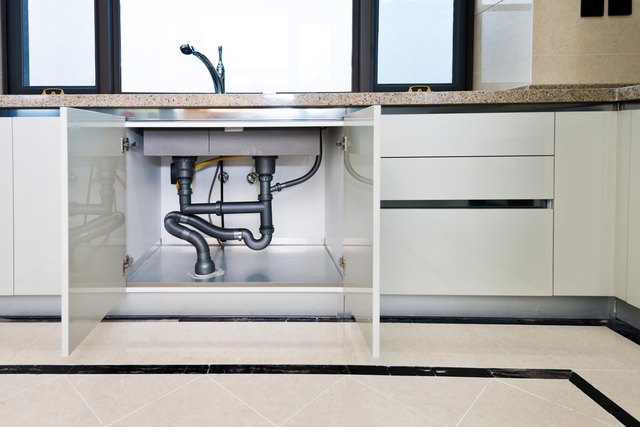 One of the most common areas in a kitchen that can easily become cluttered and disorganized is the space under the sink. It's a convenient place to store cleaning supplies, garbage bags, and other miscellaneous items, but without proper organization, it can quickly become a chaotic mess. Not only is this frustrating when trying to find something, but it can also lead to items falling down and causing potential hazards. By taking the time to properly organize this space, you can not only prevent things from falling down but also create a more functional and efficient kitchen.
Maximizing Vertical Space
One of the key steps in organizing your under kitchen sink space is to make the most of vertical space. Many people simply place items on the bottom of the cabinet, leaving a lot of unused space above. By using a
stackable shelving unit
, you can create additional storage space and keep items from toppling over. This is especially useful for storing small items such as sponges, scrub brushes, and dish soap.
Utilizing Hooks and Door Organizers
Another way to prevent items from falling down is by using hooks and door organizers. These can be easily attached to the inside of your cabinet door and provide a convenient spot for hanging items such as dish towels, oven mitts, and reusable grocery bags. This not only keeps them from getting lost in the clutter but also frees up space on your shelves for other items.
Investing in Storage Bins and Trays
To keep your under kitchen sink space organized and prevent items from falling down, it's important to have designated spots for each item. This is where storage bins and trays come in handy. They not only help to keep items contained but also make it easier to access and find what you need. Invest in clear bins or trays to easily see what's inside, or label them for even more organization.
Regular Maintenance and Decluttering
Once you've organized your under kitchen sink space, it's important to maintain it by regularly decluttering and reorganizing. This will help to prevent items from piling up and falling down. Take a few minutes each month to assess what's inside and remove any items that are no longer needed. This will not only keep the space tidy but also make it easier to find what you need when you need it.
One of the most common areas in a kitchen that can easily become cluttered and disorganized is the space under the sink. It's a convenient place to store cleaning supplies, garbage bags, and other miscellaneous items, but without proper organization, it can quickly become a chaotic mess. Not only is this frustrating when trying to find something, but it can also lead to items falling down and causing potential hazards. By taking the time to properly organize this space, you can not only prevent things from falling down but also create a more functional and efficient kitchen.
Maximizing Vertical Space
One of the key steps in organizing your under kitchen sink space is to make the most of vertical space. Many people simply place items on the bottom of the cabinet, leaving a lot of unused space above. By using a
stackable shelving unit
, you can create additional storage space and keep items from toppling over. This is especially useful for storing small items such as sponges, scrub brushes, and dish soap.
Utilizing Hooks and Door Organizers
Another way to prevent items from falling down is by using hooks and door organizers. These can be easily attached to the inside of your cabinet door and provide a convenient spot for hanging items such as dish towels, oven mitts, and reusable grocery bags. This not only keeps them from getting lost in the clutter but also frees up space on your shelves for other items.
Investing in Storage Bins and Trays
To keep your under kitchen sink space organized and prevent items from falling down, it's important to have designated spots for each item. This is where storage bins and trays come in handy. They not only help to keep items contained but also make it easier to access and find what you need. Invest in clear bins or trays to easily see what's inside, or label them for even more organization.
Regular Maintenance and Decluttering
Once you've organized your under kitchen sink space, it's important to maintain it by regularly decluttering and reorganizing. This will help to prevent items from piling up and falling down. Take a few minutes each month to assess what's inside and remove any items that are no longer needed. This will not only keep the space tidy but also make it easier to find what you need when you need it.
In Conclusion
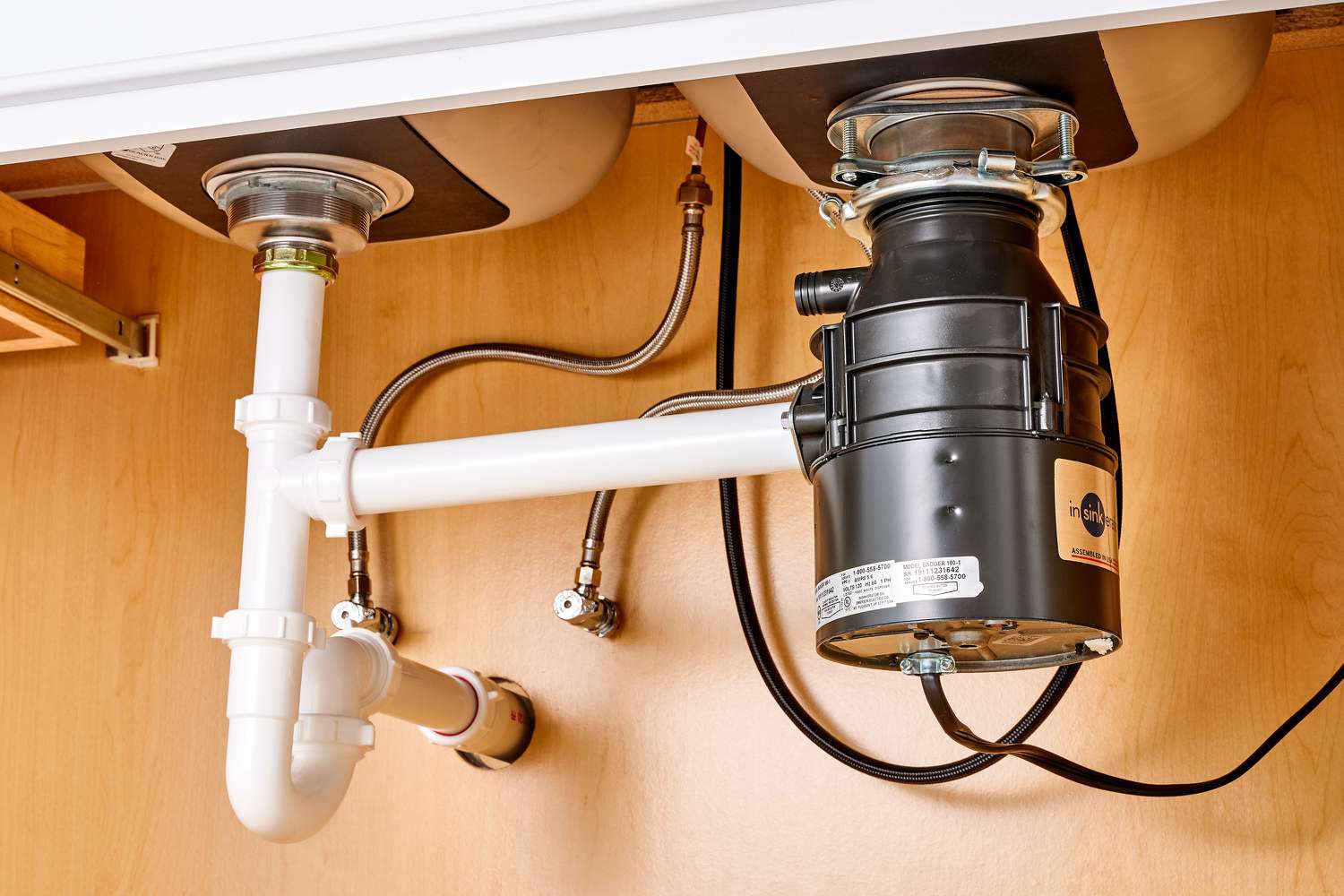 By taking the time to properly organize your under kitchen sink space, you can not only prevent items from falling down but also create a more functional and efficient kitchen. Utilizing vertical space, hooks and door organizers, storage bins and trays, and regularly decluttering will help to keep this area organized and clutter-free. With a little effort and some simple storage solutions, you can transform this chaotic space into a well-organized and functional part of your kitchen.
By taking the time to properly organize your under kitchen sink space, you can not only prevent items from falling down but also create a more functional and efficient kitchen. Utilizing vertical space, hooks and door organizers, storage bins and trays, and regularly decluttering will help to keep this area organized and clutter-free. With a little effort and some simple storage solutions, you can transform this chaotic space into a well-organized and functional part of your kitchen.
